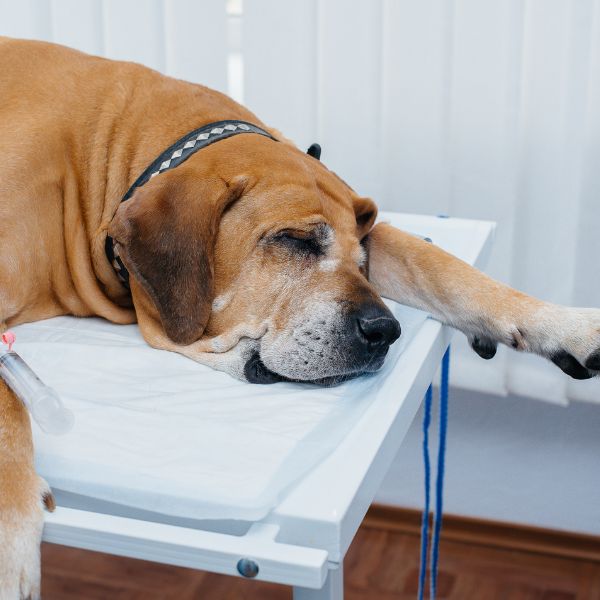Veterinary Service
Pet Surgery
Byron Center Animal Hospital is completely set up to give your pet the top surgical care they require!
Pet Surgery in Byron Center, MI
Pet Surgery
The comfort and security of your pet are our top priorities at Byron Center Animal Hospital. We offer surgical options in a sterile and secure setting. Every surgical procedure comes with our top-notch anesthesia and monitoring services; allowing us to be precise in managing your pet’s anesthetic depth and ensuring maximum comfort during surgery. Most importantly, during surgery, our veterinarians can keep a close eye on each animal’s vital signs. At the Byron Center Animal Hospital, your animal is in capable hands.
Learn more about the components of your pet’s surgery.
Pre-Surgical Care
Scientific evidence has shown that animals can benefit from pre-surgical care in the same way that people do. Like us, it is easier to prevent pain in our pets than to treat it. We are committed to providing your pet with pain relief before, during, and after their surgical procedure.
Sterile Instruments
All surgical instruments, including needles and syringes are steam autoclaved between all procedures to ensure a fresh set of equipment is used for each and every surgery.
Surgical Anesthesia
For almost every surgery we use an injectable anesthetic followed by an inhalant. While your pet is under anesthesia, we continue to maintain their comfort through the use of a breathing tube – this way, we can ensure that their airway is protected from aspiration or distress.
Anesthetic Monitoring
Our surgical suite is equipped with a monitor specifically designed for veterinary use. We also have specially trained, licensed technicians dedicated to monitoring your pet while they are under general anesthesia. During surgery, we are monitoring your pet’s heart/respiratory rate, blood pressure, and anesthetic depth.
Precision Suture Material
We use the highest quality suture material available. Many hospitals will cut costs by using expired human suture material, but we use only new, pet-friendly products. By sparing no expense on our materials, we can count on the best holding ability and the lowest number of adverse reactions.
Emergency Drugs
We always have emergency drugs available should the need arise. We have the appropriate doses of these medications pre-calculated specifically for your pet and ready to dispense according to Michigan safety standards.
Post-Surgical Monitoring
After surgery, we minimize risk by closely monitoring your pet until they are up and walking around, keeping an eye out for warning signs such as increased or decreased body temperature. We verify your pet’s temperature every 10-20 minutes for the first 1-2 hours after surgery to encourage proper recovery. Once your pet is fully conscious, they are taken for a short walk and fed a tasty, high-calorie snack.
Discharge Instructions
We will provide you with detailed instructions on what to watch for and expect after your pet’s surgery. These instructions will be reviewed with you by one of our technicians who are available to answer any questions you may have.
Veterinary Services in Byron Center, MI
Pet Annual Wellness Exams
Pet Spay & Neuter
Pet Diagnostic Imaging
Pet Dietary Consultations
Pet Dental Care
Pet Microchipping
Pet Surgery
Pet Dermatology
Pet Vaccinations
Pet In-House Laboratory
Pet Behavioral Counseling

